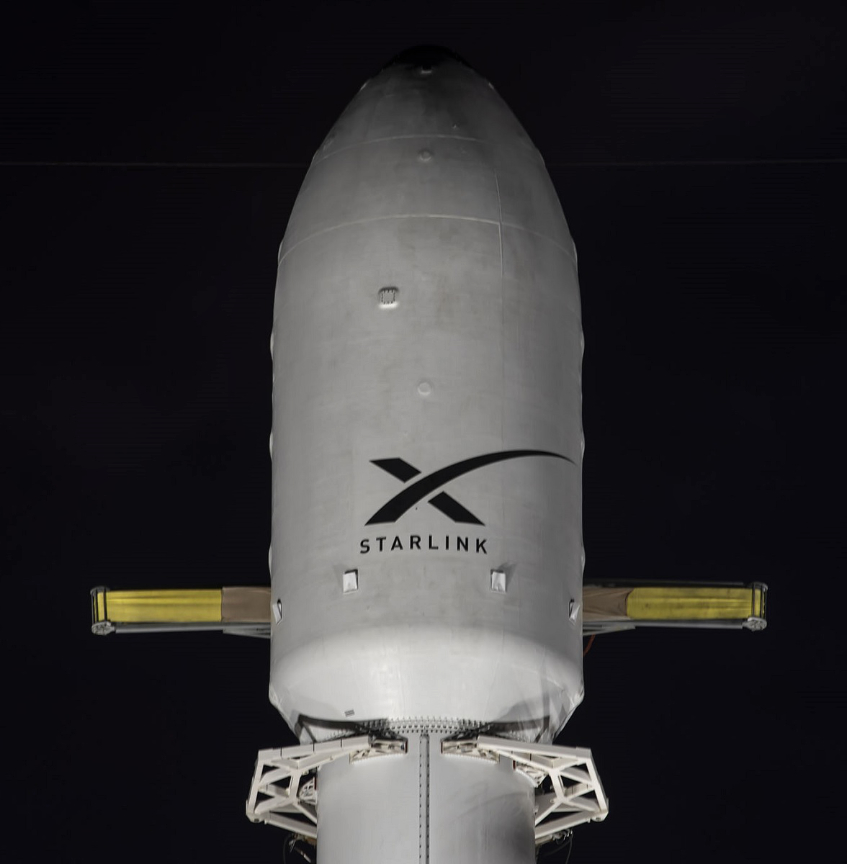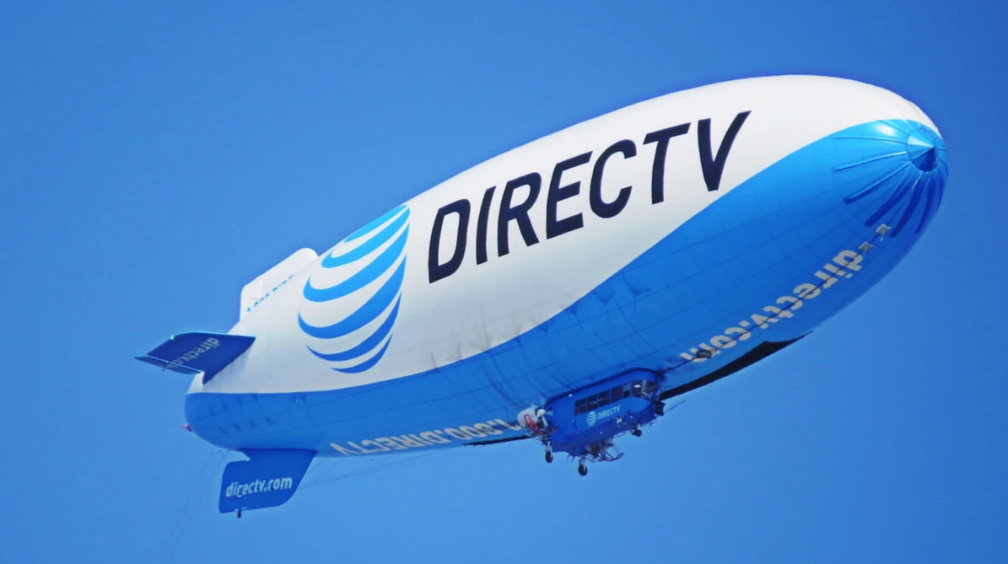 Elon Musk, in a tweet after the latest Starlink launch, said that once this batch of 60 satellites are in their correct orbital positions then a test broadband service will start.
Elon Musk, in a tweet after the latest Starlink launch, said that once this batch of 60 satellites are in their correct orbital positions then a test broadband service will start.
“We will be able to roll out a fairly wide public beta [service] in northern US and hopefully southern Canada,” Musk said. “Other countries to follow as soon as we receive regulatory approval.”
Normally it would take about 2-3 weeks following launch to place a flight of satellites into their designated positions.
Musk’s SpaceX rockets have launched around 775 satellites into orbit and is expected to place another 60 into orbit before the end of October. However, a batch of satellites launched in May 2019 have been deliberately de-orbited. SpaceX has yet to give a reason for the de-orbiting.
Spaceflight analyst Jonathan McDowell says that 39 satellites were de-orbited from that May 2019 launch.
ViaSat of California, an existing supplier of broadband services by satellite and a rival to Musk’s system, told the FCC in a filing in September that SpaceX was suffering in-orbit failures running at about 7 percent.
Viasat said, “An actual failure rate this high, manifesting after such a small fraction of a Starlink satellite’s design life has passed, optimistically implies a staggering 22 percent failure rate over the duration of the Starlink mission.”
However, SpaceX followed up these claims with its own September 29th statement to the FCC arguing that it had reported no failures in the last 233 Starlink satellites launched, and accusing ViaSat of refusing to allow facts to get in the way of the story it wishes to be true.
“SpaceX continues to work to improve the performance and reliability of its vehicles,” said the statement.
The October 6th launch was the 13th batch of Starlink craft to be launched. SpaceX has frequently said that its service will beam broadband connectivity at speeds of up to 100 Mb/s that conventional land-based services cannot reach economically.
 Recent reports say that payTV giant DirecTV, owned by telco AT&T, is definitely up for sale and that some bids are already being submitted.
Recent reports say that payTV giant DirecTV, owned by telco AT&T, is definitely up for sale and that some bids are already being submitted.
The New York Post said that “lowball bids” were actively being made and coming mostly from private equity interests. Goldman Sachs is handling the process. The newspaper says that Charlie Ergen’s Dish Network has not made a bid, although he has long described consolidation between the two US DTH payTV players as inevitable.
The first-round bids have taken place and nobody exceeded offering $20 billion for the business which is suffering declining subscribers. AT&T paid $49 billion (including debt) for the business back in July 2015.
It could be that the final bid – if accepted – would allow AT&T to retain a minority stake in DirecTV.
News stories were authored by journalist Chris Forrester, who posts for the Advanced Television infosite and is also a Senior Contributor for Satnews Publishers.
